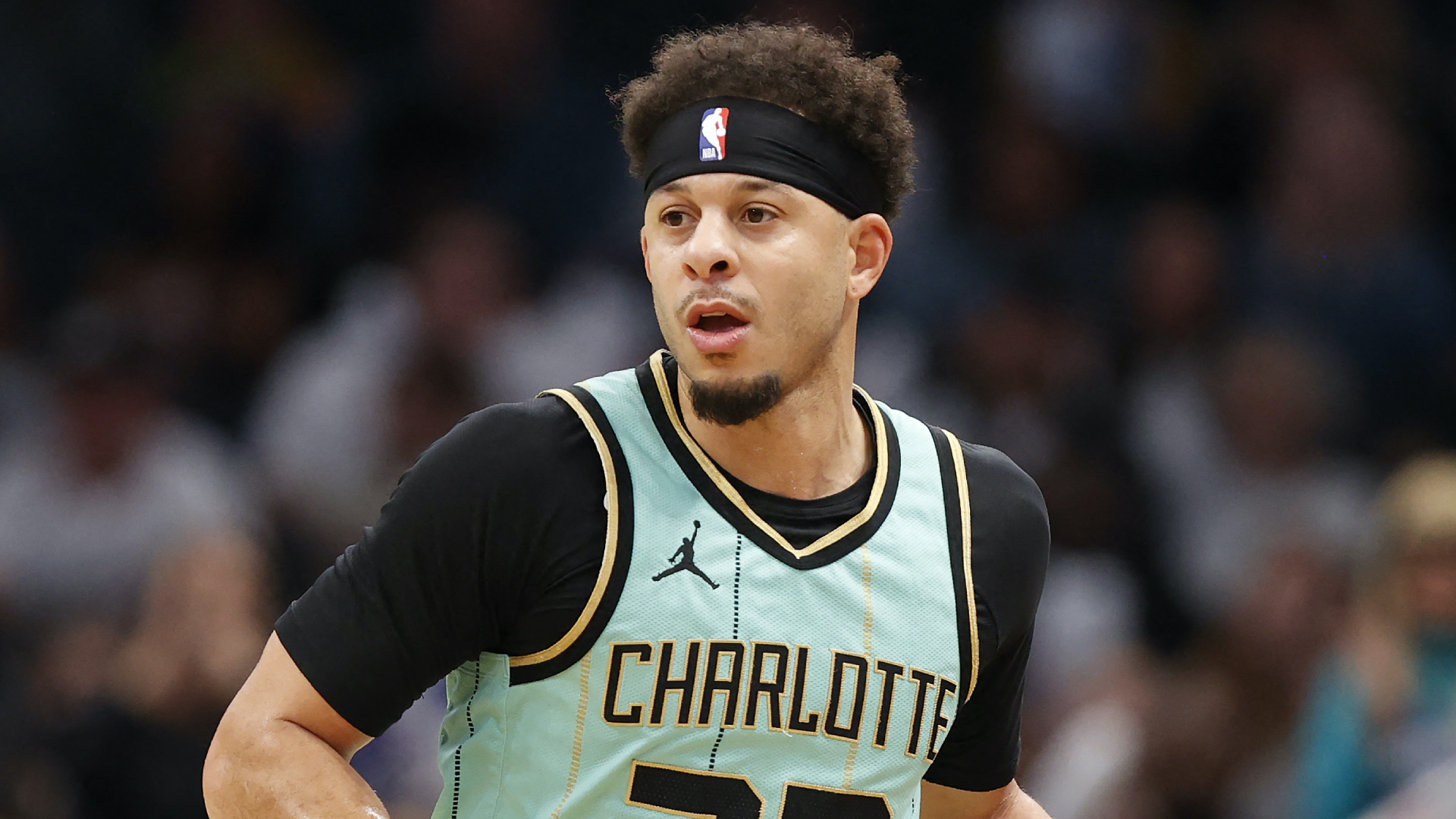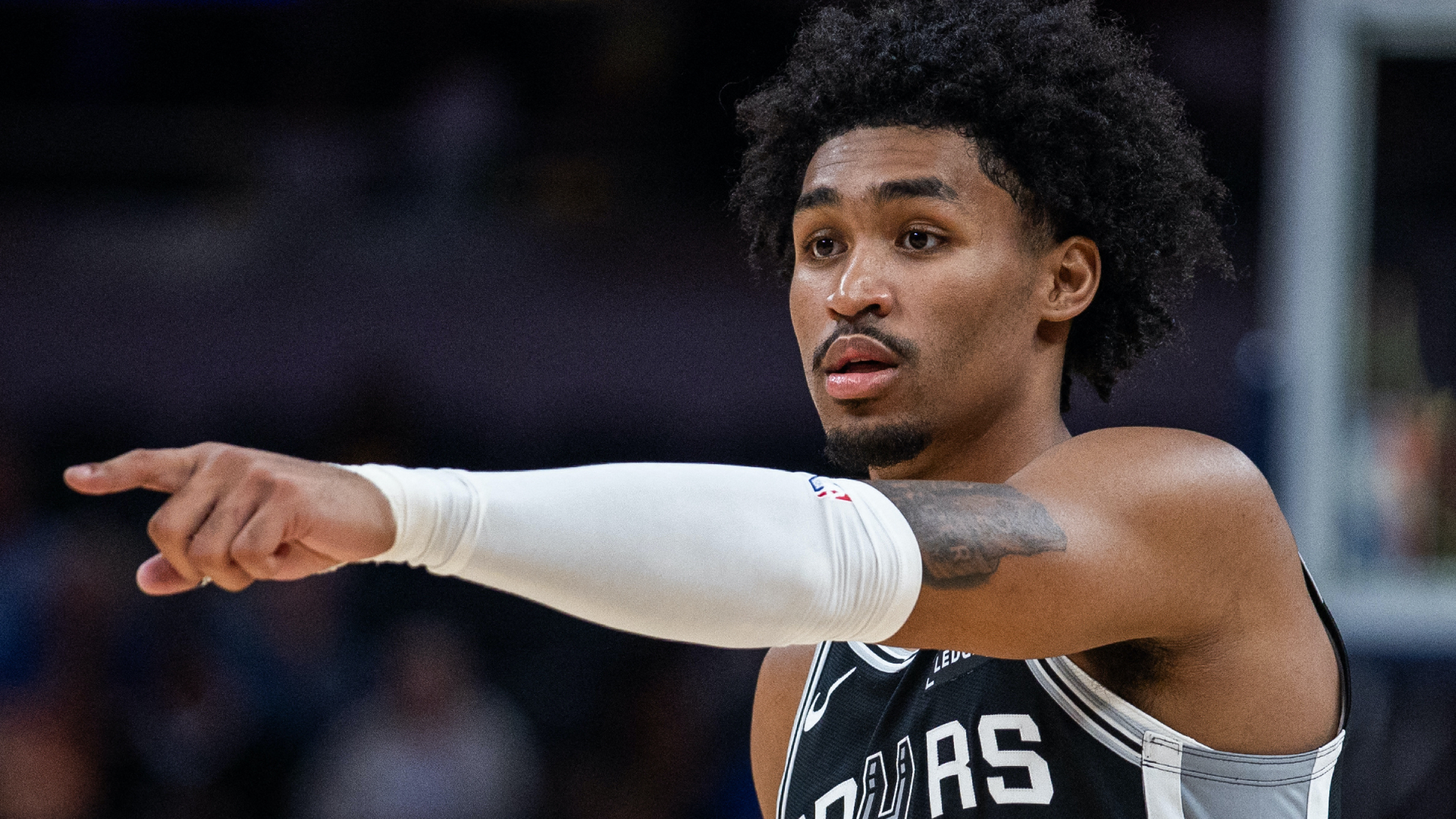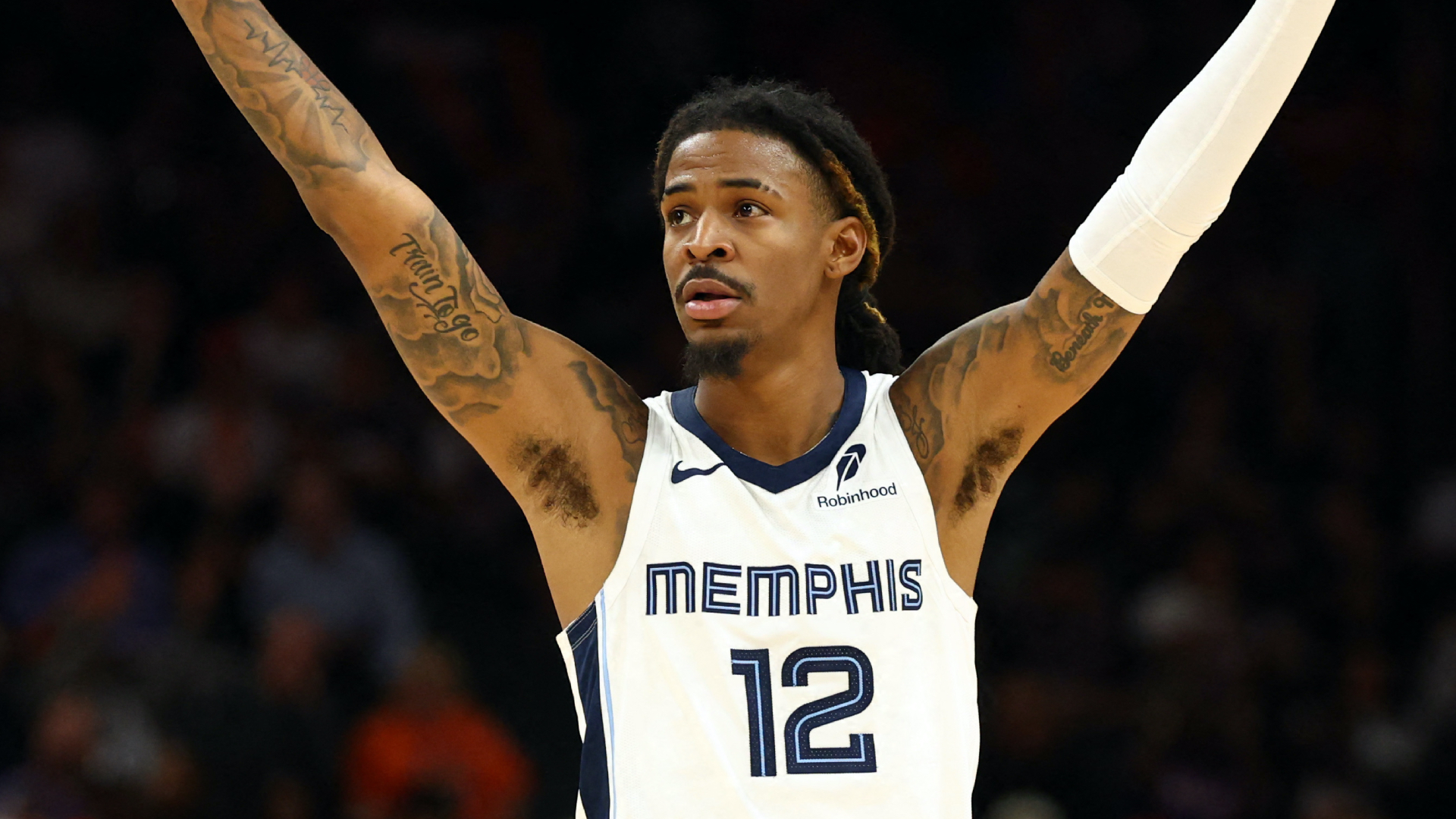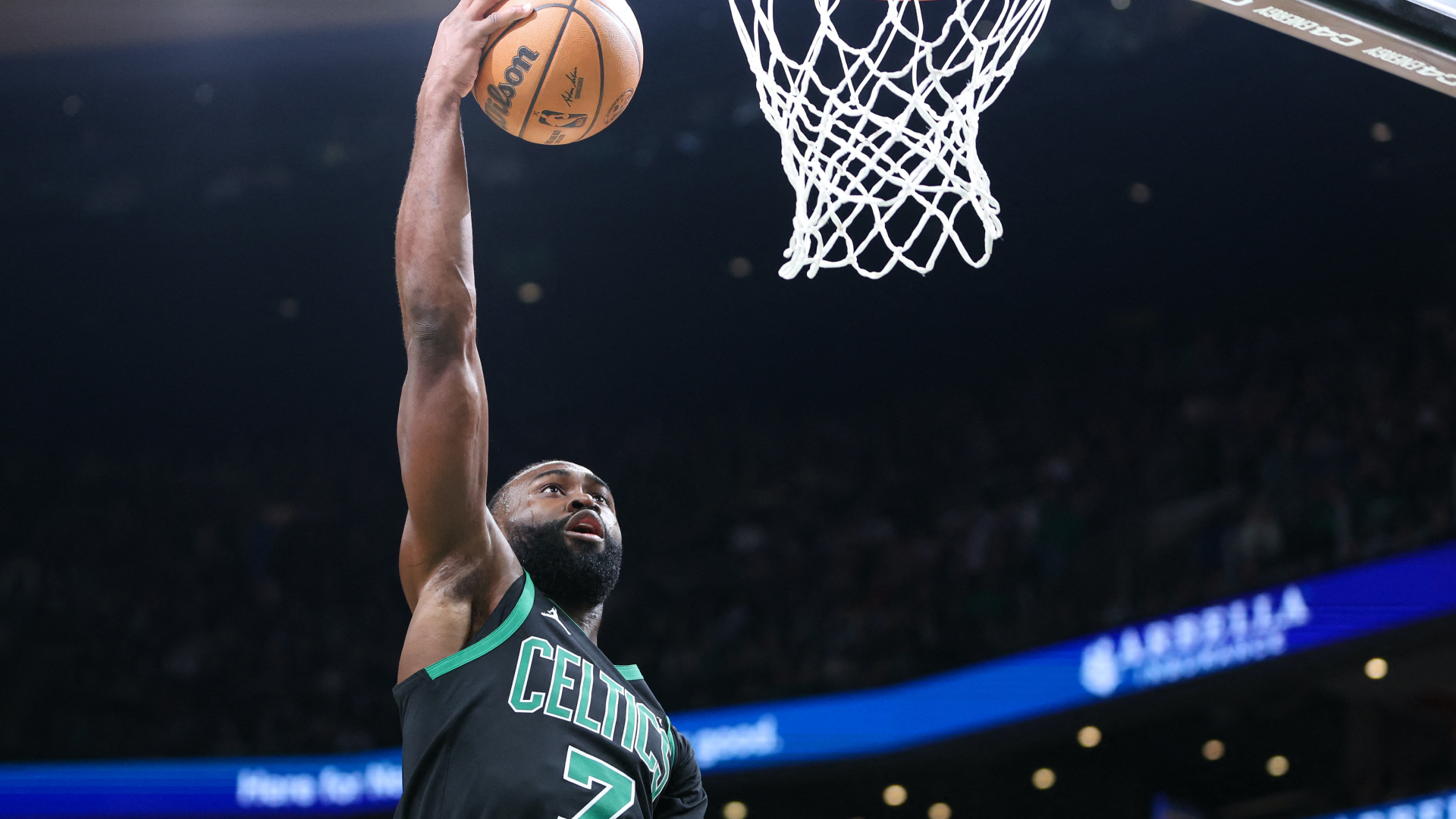Why Did the Sacramento Kings Sign Russell Westbrook?
The Sacramento Kings’ signing of Russell Westbrook surprised many, but behind the headlines, the move fills vital leadership and rotation gaps.
When the Sacramento Kings announced Russell Westbrook’s arrival, fans questioned why a roster already loaded with guards needed another veteran playmaker.
Yet, for general manager Scott Perry and coach Doug Christie, the move was about more than statistics. Perry emphasized that Westbrook “embodies the identity we’re striving for in Sacramento,” pointing to his competitive edge and professionalism as vital traits for a squad entering a new era under Christie’s guidance.
Westbrook, now entering his 18th season, brings a Hall of Fame résumé: 203 triple-doubles, an MVP award, and multiple scoring titles. But in Sacramento, his role is defined by leadership and mentorship.
Christie highlighted that he wants “Russ to be Russ,” trusting him to manage the second unit and set the tone with toughness and accountability. For a team still molding its identity post-De’Aaron Fox trade, Westbrook’s presence could bring stability to an evolving locker room culture.
Veteran Depth and Flexibility
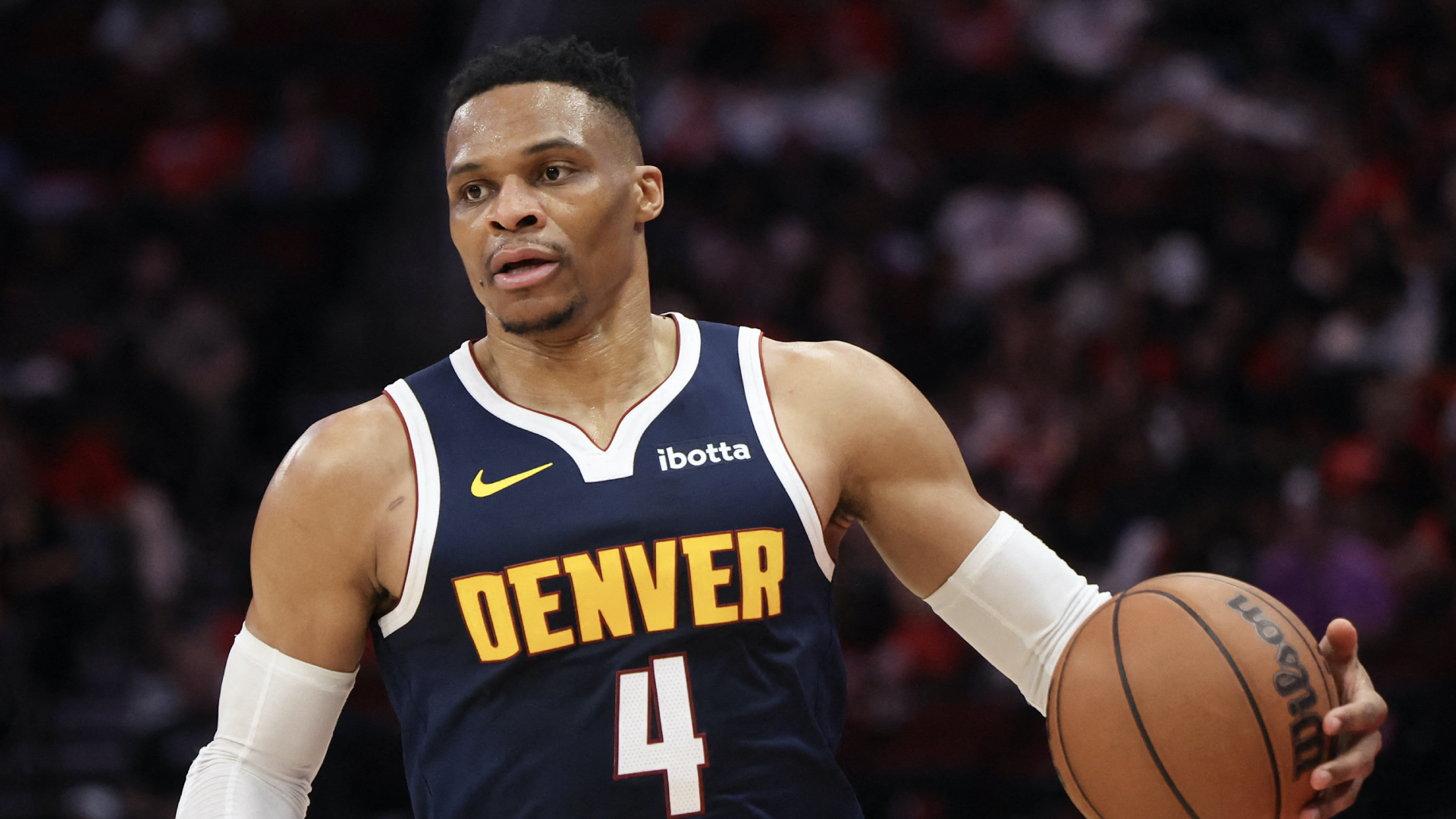
While the signing appears redundant given the Kings’ crowded backcourt, featuring Dennis Schröder, Zach LaVine, Malik Monk, and Keon Ellis, it actually provides insurance and flexibility.
Westbrook’s one-year, $3.6 million deal offers a low-risk, high-upside option that allows Perry room to address frontcourt needs via trade if the season takes an uneven turn.
Westbrook’s willingness to accept a backup role behind Schröder reinforces the Kings’ long-term strategy: strengthen their bench, which ranked among the league’s weakest last season in scoring and assists.
With his energy, rebounding, and playmaking, Westbrook instantly elevates Sacramento’s second unit while maintaining familiarity with teammates like Domantas Sabonis and DeMar DeRozan, enhancing on-court chemistry.
A Strategic Gamble for a New Era
For Perry, Westbrook’s signing represents a strategic hedge. If the Kings compete, Westbrook’s intensity fortifies their playoff push. If not, his expiring contract becomes a tradable asset by the February deadline.
Doug Christie’s first full season as head coach hinges on uniting a mix of scorers and veterans around a cohesive defensive identity. In that context, Westbrook’s voice carries authority and experience unmatched in the Kings’ locker room.
Ultimately, this move isn’t about recapturing Westbrook’s MVP form: it’s about culture, competitiveness, and calculated flexibility. Sacramento may have puzzled observers by adding an aging guard, but for a franchise seeking stability and direction, Russell Westbrook could be exactly what they need.










